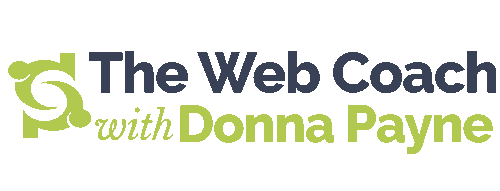Check out this article from by Ali Hale. Ali runs Alpha Student, a blog packed with academic, financial and practical tips to help students get the most out of their time at university.
When it comes to the internet, you know that there’s a lot of misleading, inaccurate or downright false information out there. By now, most of you have heard the advice, “Don’t trust everything you read.” But how can you tell what to trust and what not to?
Here are some questions that you should get into the habit of asking whilst you’re reading anything (not just online): whether it’s a blog post, newspaper article, sales letter or brochure.
- What’s the Author’s Purpose?
The most important question to ask, and one you should have in mind when you start to read, is “What’s the author’s purpose?” All writing has a purpose. It might be to:- Entertain you – make you laugh
- Give you information
- Sell you something
- Encourage you to come back to a blog or magazine in future
- Build up the author’s reputation in his/her field
Some purposes are inherently more trustworthy than others. For example, if the author is trying to give you information, or build her reputation, then the facts in the article are likely to be ones that the author at least believes are true. But if the author is trying to sell something, then… read the rest of the article here.

